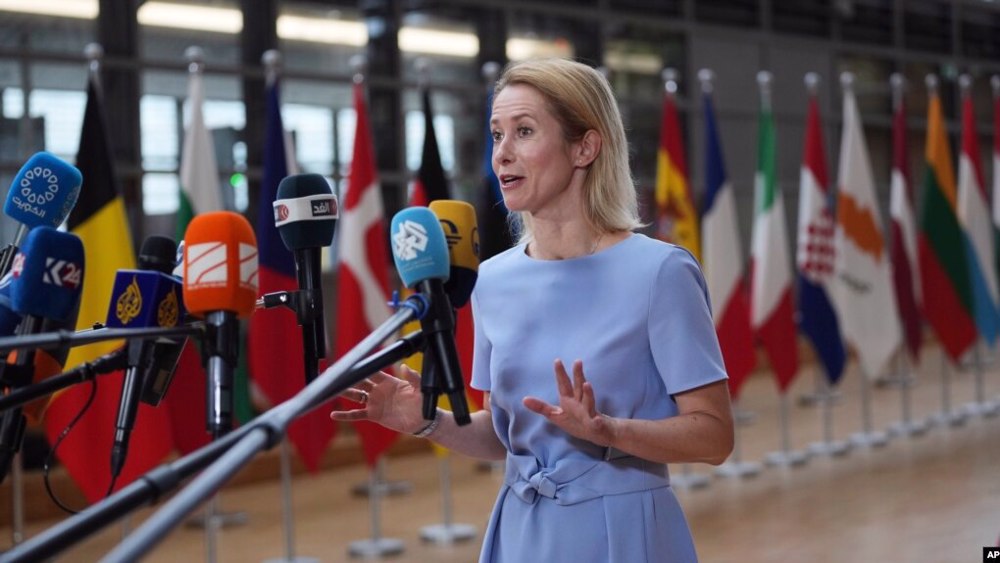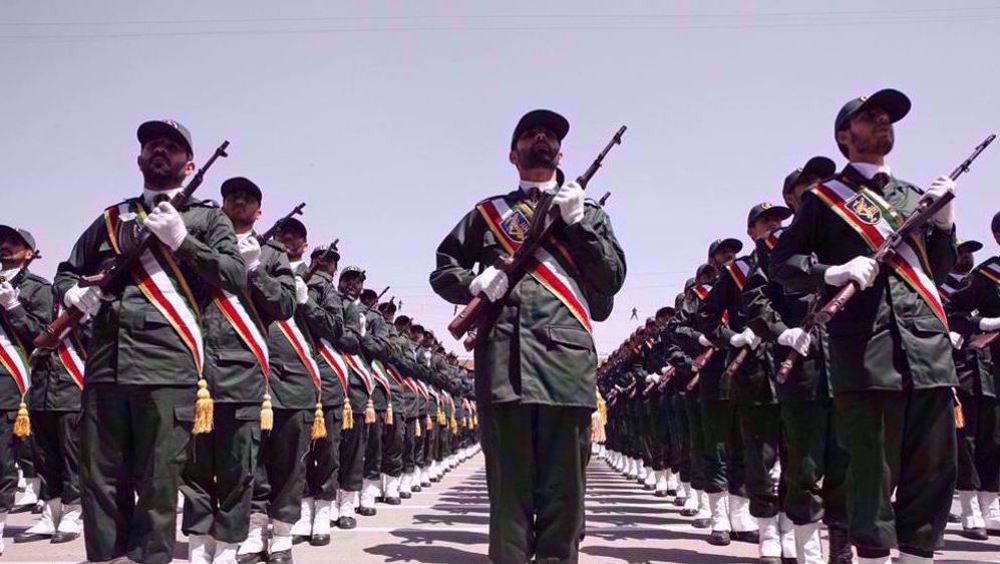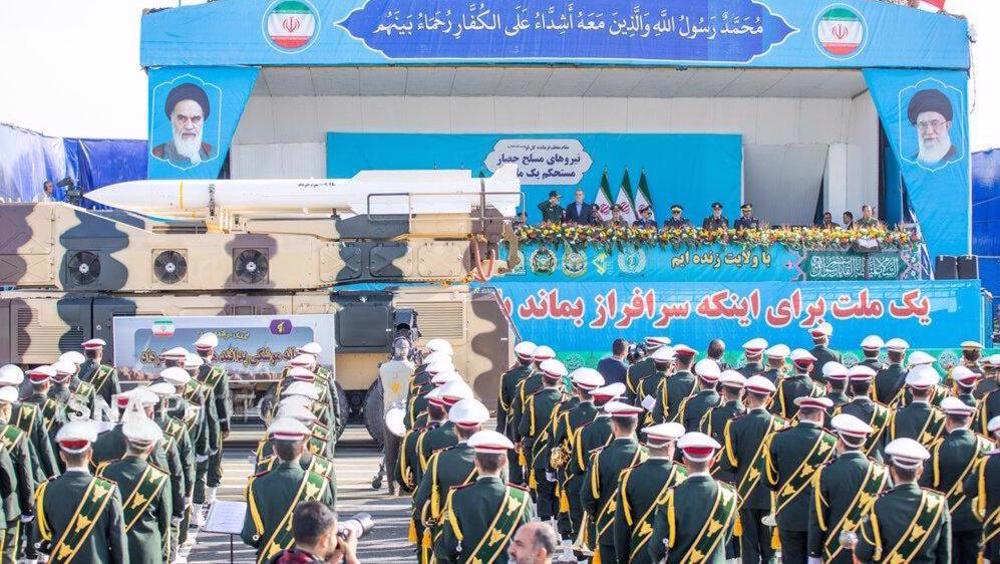Iran condemns Saudi airstrike on MSF clinic in Yemen
Iran has strongly condemned a recent Saudi aerial attack against a medical facility run by the international charity organization Médecins Sans Frontières (MSF), or Doctors Without Borders, in Yemen’s southwestern province of Ta’izz.
"Foreign military attacks against residential areas and civilian targets in Yemen so far have pulled thousands of civilians through blood and dirt and produced no achievement for the aggressors other than destruction and mass murder," Iran’s Foreign Ministry spokesman Hossein Jaber-Ansari said on Friday.
He called on the United Nations (UN) as well as influential regional states to "intensify their efforts and stop foreign aggression" against Yemen, and adopt swift measures to safeguard the security and safety of Yemeni civilians, including women and children.
On Thursday, the MSF slammed “violation of international law” in the latest Saudi airstrike that left nine people, including medical staff, wounded at its clinic in Ta’izz.

According to the MSF, Saudi warplanes on Wednesday launched three airstrikes on a park in al-Houban district of Ta’izz, prompting the MSF staff at the nearby hospital to inform Riyadh of the incidents in order to prevent further attacks.
Nevertheless, the MSF hospital came under attack shortly after the three raids. The medical group says two of the wounded are now in critical condition.
“The health structure’s GPS coordinates were regularly shared with the Saudi-led coalition, most recently on 29 November, when we informed them about this specific activity in the al-Houban” district of Ta’izz, said Jerome Alin, the MSF’s head of mission in Yemen, adding, “There is no way that the Saudi-led coalition could have been unaware of the presence of MSF activities in this location.”
On October 26, Saudi military aircraft targeted another MSF-run hospital in the northwestern Yemeni province of Sa’ada, leaving several people injured.

Yemen has been under military attacks by Saudi Arabia since late March. The Saudi military strikes were launched to supposedly undermine the Ansarullah movement and bring fugitive former President Abd Rabbuh Mansour Hadi back to power.
More than 7,500 people have been killed and over 14,000 others injured since March. The strikes have also taken a heavy toll on the impoverished country’s facilities and infrastructure, destroying many hospitals, schools, and factories.
Aid groups’ access to the affected areas in the Middle Eastern country has also been severely restricted.
‘No two-hour war’: Iran vows immediate retaliation to any attack
Pezeshkian: US must end provocations if it seeks genuine diplomacy
Iran summons German ambassador over Merz’s ‘low-minded’ remarks
Iran's Armed Forces warn EU of ‘consequences’ of IRGC designation
Iran FM: EU’s blacklisting of IRGC a ‘major strategic mistake’
EU blacklists IRGC in legally flawed move irrespective of consequences
VIDEO | Press TV's news headlines
VIDEO | Afghanistan opens first specialized cancer hospital

















 This makes it easy to access the Press TV website
This makes it easy to access the Press TV website